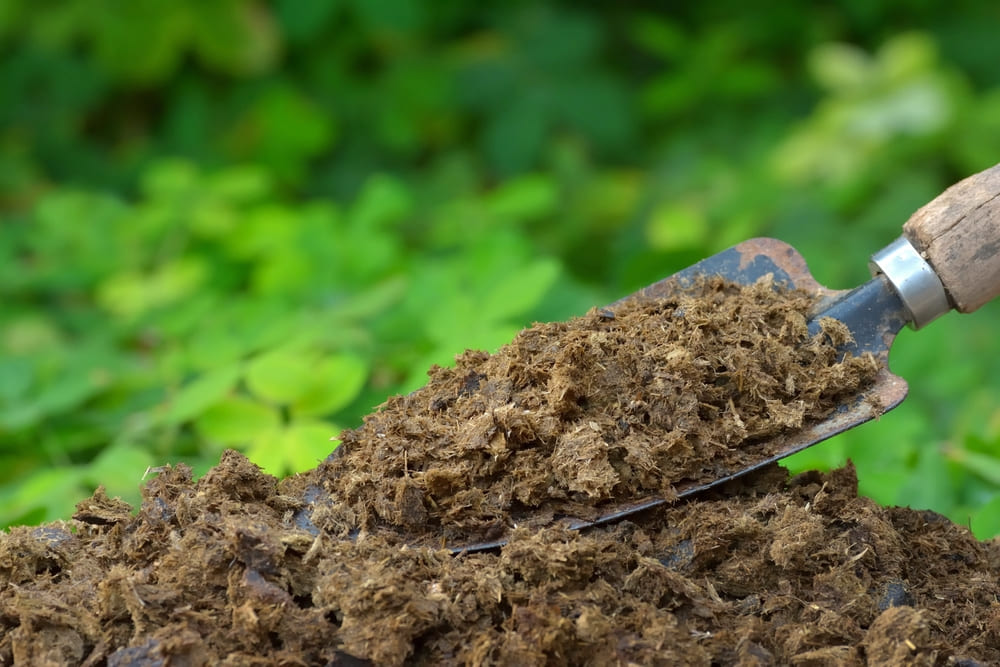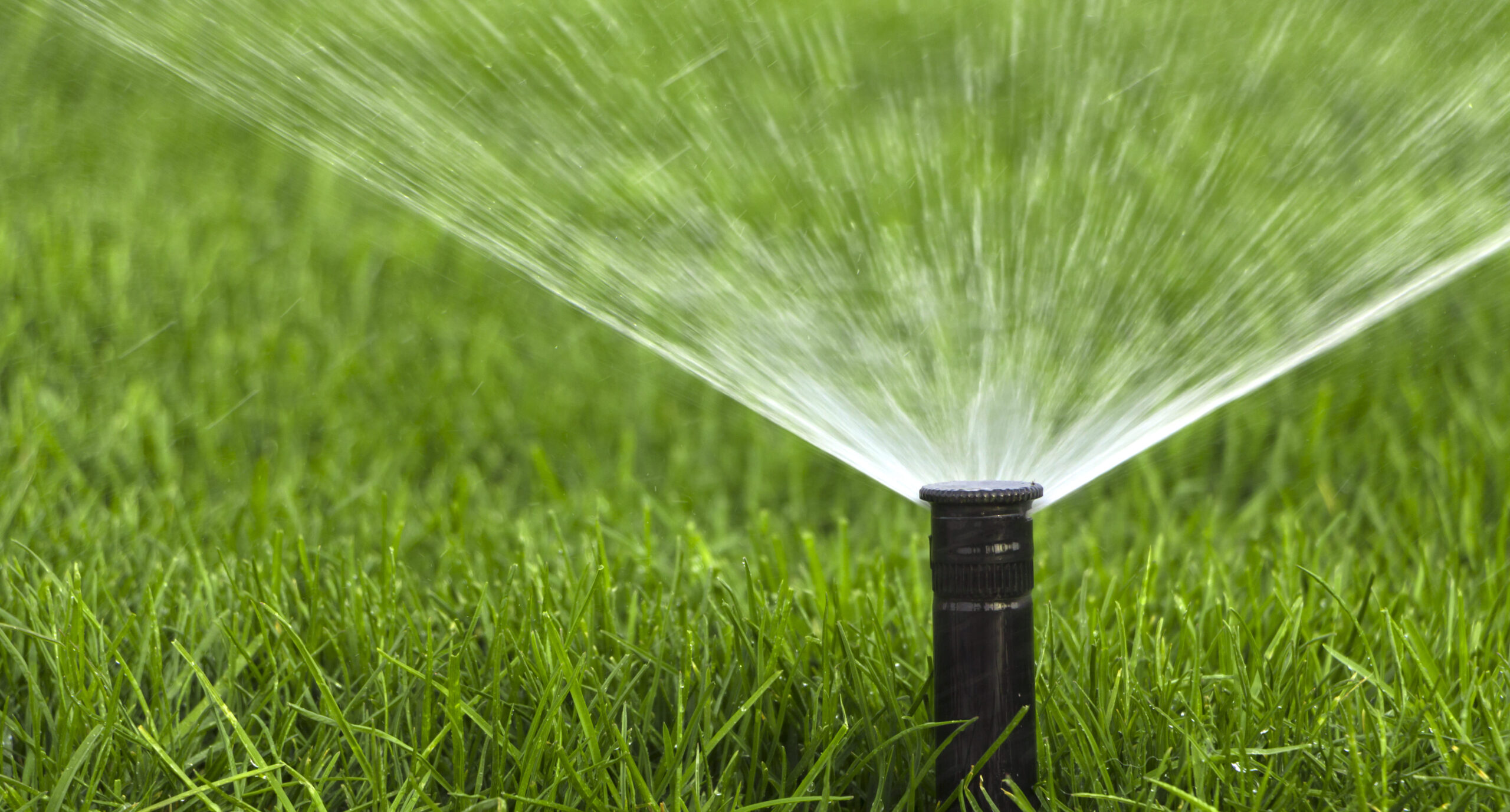Subscribe and save 17% with an annual subscription. Learn more.
Subscribe and save 17% with an annual subscription. Learn more.
As the world becomes more environmentally conscious, many homeowners are seeking sustainable lawn care solutions to maintain a healthy, vibrant yard. Organic lawn care practices not only promote a lush, green lawn but also contribute to a healthier ecosystem. In this blog post, we will explore various eco-friendly lawn care tips that will help you achieve a beautiful yard while minimizing your environmental footprint.
Organic lawn care focuses on using natural products and methods to nurture your lawn without relying on synthetic chemicals. This approach promotes soil health, reduces pollution, and supports biodiversity. By adopting organic lawn care practices, you can create a sustainable yard that is safe for your family, pets, and the environment.

One of the most crucial aspects of organic lawn care is selecting the right fertilizer. Organic fertilizers are made from natural materials, such as compost, manure, and bone meal, which provide essential nutrients to your lawn without the harmful effects of synthetic chemicals.
Why It Works: Compost is rich in organic matter and nutrients that improve soil structure and fertility.
How to Use It: Spread a thin layer of compost over your lawn in the spring and autumn. This practice, known as top-dressing, enhances soil health and promotes vigorous grass growth.
Why It Works: Well-rotted manure provides a slow-release source of nutrients that nourish your lawn over time.
How to Use It: Apply manure in the early spring or late autumn, incorporating it into the top layer of soil. Avoid using fresh manure, as it can burn your grass.
Why It Works: Bone meal is high in phosphorus, which supports root development and overall lawn health.
How to Use It: Apply bone meal in the spring to encourage strong root growth. Follow the manufacturer’s instructions for the correct application rate.
Controlling weeds is a common challenge in lawn care, but there are several organic methods to keep them at bay without resorting to synthetic herbicides.
Why It Works: Corn gluten meal acts as a natural pre-emergent herbicide, preventing weed seeds from germinating.
How to Use It: Apply corn gluten meal in early spring before weed seeds begin to sprout. Repeat the application in autumn for best results.
Why It Works: Removing weeds by hand is an effective way to control their spread without chemicals.
How to Use It: Use a weeding tool to remove weeds, ensuring you get the roots to prevent regrowth. Regular hand weeding keeps your lawn weed-free and promotes healthier grass.
Why It Works: Vinegar is a natural, non-toxic weed killer that can effectively eliminate small weeds.
How to Use It: Spray undiluted white vinegar directly onto weeds on a sunny day. Be careful to avoid contact with your grass, as vinegar can harm it.
Healthy soil is the foundation of a thriving lawn. Organic lawn care emphasizes improving soil health through natural methods.
Why It Works: Testing your soil helps you understand its nutrient levels and pH, allowing you to tailor your lawn care practices accordingly.
How to Use It: Use a soil testing kit to analyze your soil. Based on the results, amend your soil with organic materials to correct imbalances and deficiencies.
Why It Works: Aerating your lawn reduces soil compaction, allowing air, water, and nutrients to penetrate the soil more effectively.
How to Use It: Use a lawn aerator or a garden fork to create small holes in the soil, particularly in high-traffic areas. Aerate your lawn annually, preferably in the spring or autumn.
Why It Works: Mulching with organic materials helps retain soil moisture, suppress weeds, and add nutrients to the soil.
How to Use It: Apply a layer of organic mulch, such as straw, leaves, or grass clippings, around the base of your plants and trees. Avoid piling mulch directly against the stems to prevent rot.

Watering your lawn efficiently is key to sustainable lawn care. Overwatering can lead to shallow roots and increased susceptibility to pests and diseases.
Why It Works: Watering deeply but less frequently encourages deep root growth, making your lawn more drought-resistant.
How to Use It: Water your lawn early in the morning to reduce evaporation. Aim to apply about 1 inch of water per week, allowing the soil to dry out between watering sessions.
Why It Works: Collecting and using rainwater is an eco-friendly way to water your lawn, reducing reliance on municipal water supplies.
How to Use It: Install a rain barrel to collect runoff from your roof. Use the collected rainwater to irrigate your lawn and garden.
Why It Works: Drip irrigation delivers water directly to the roots, minimizing surface evaporation and runoff.
How to Use It: Set up a drip irrigation system for your lawn and garden. This method ensures that your plants receive the water they need while conserving resources.
Organic lawn care also involves managing pests without synthetic chemicals. Natural pest control methods protect your lawn and the environment.
Why It Works: Beneficial insects, such as ladybugs and predatory wasps, help control pest populations naturally.
How to Use It: Introduce beneficial insects to your garden or encourage their presence by planting a variety of flowers and shrubs.
Why It Works: Neem oil is a natural pesticide that can effectively control a wide range of pests.
How to Use It: Mix neem oil with water and a small amount of dish soap. Spray the mixture on affected areas of your lawn, following the manufacturer’s instructions.
Why It Works: Diatomaceous earth is a natural powder that dehydrates and kills pests.
How to Use It: Sprinkle diatomaceous earth around the base of plants and on areas of your lawn where pests are present. Reapply after rain or heavy watering.

Adopting organic lawn care practices is a rewarding way to maintain a healthy, sustainable yard. By using natural fertilizers, controlling weeds organically, improving soil health, watering wisely, and managing pests without chemicals, you can create a beautiful lawn that is safe for your family and the environment. Embracing these eco-friendly lawn care tips not only benefits your yard but also contributes to a healthier planet.
Investing time and effort into organic lawn care is a step towards a greener, more sustainable future. Happy gardening!
We’re close to launching soon! Sign up on our home page to be updated of our upcoming launch.
Stay in the loop with special offers, lawn care tips, and more.


Wirri supports Trillion Trees Australia, the UN Sustainable Development Guide and Pledge 1% among other progressive initiatives.
Wirri acknowledges the Australian Aboriginal and Torres Strait Islander Peoples as the first inhabitants of this nation and the traditional custodians of the lands on which we live, work, and care for our environment. We recognize their continuing connection to land, water, and sky and pay our respects to Elders past, present, and emerging.